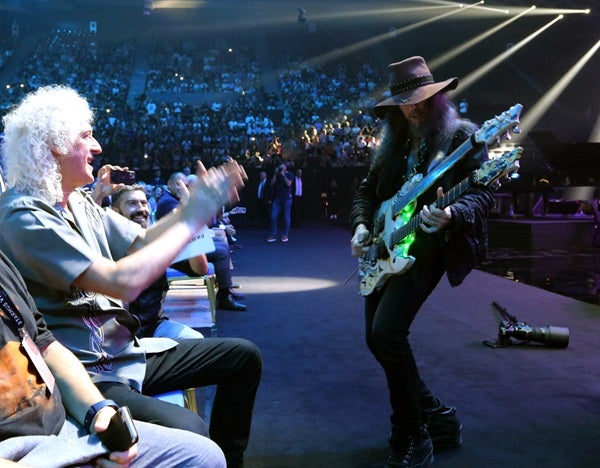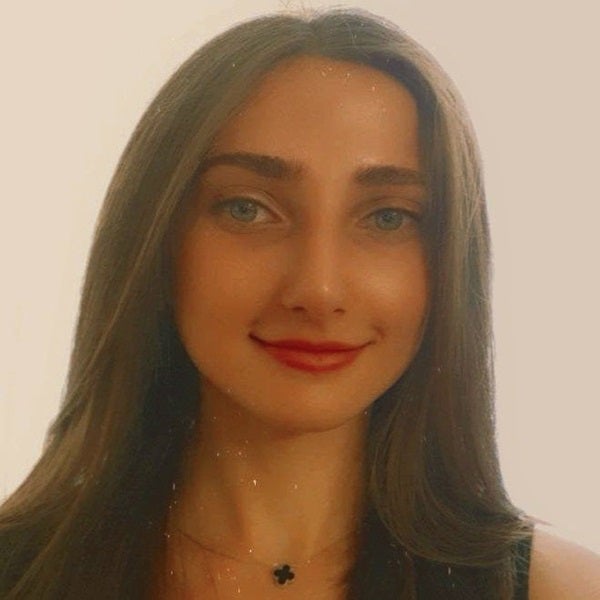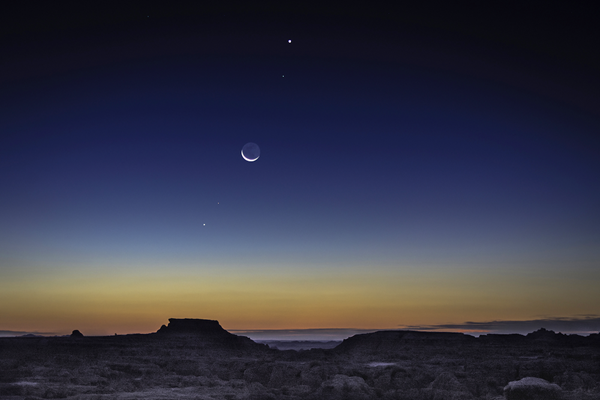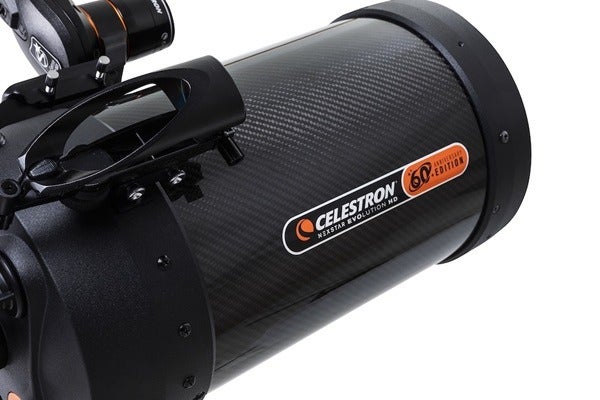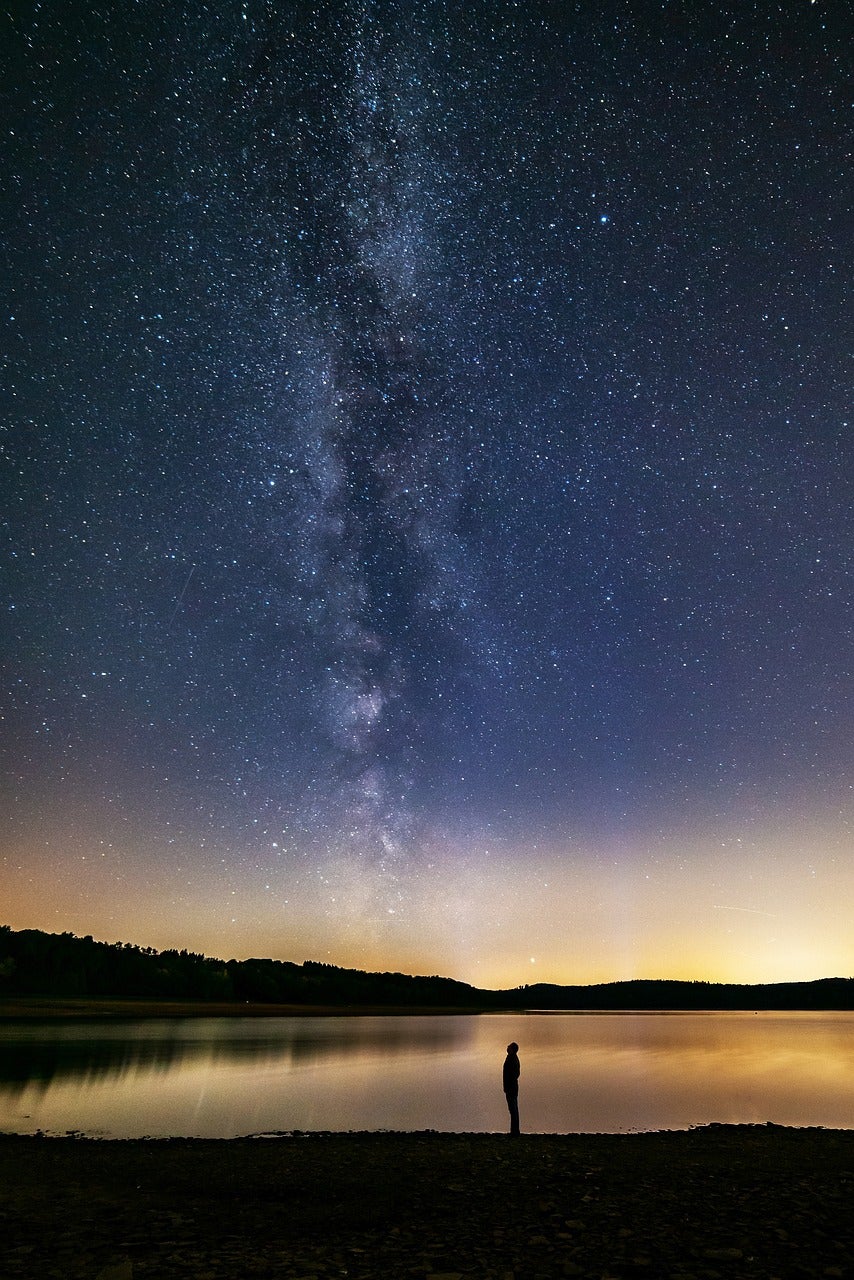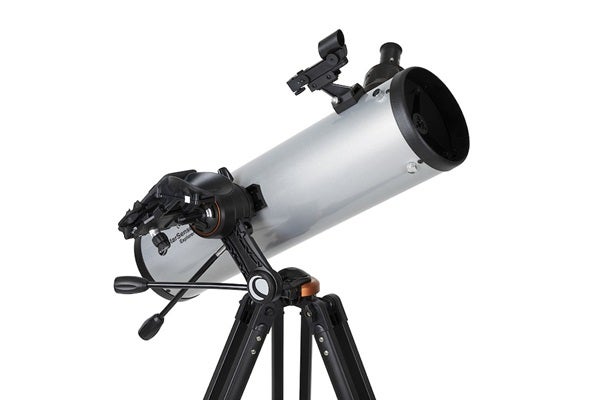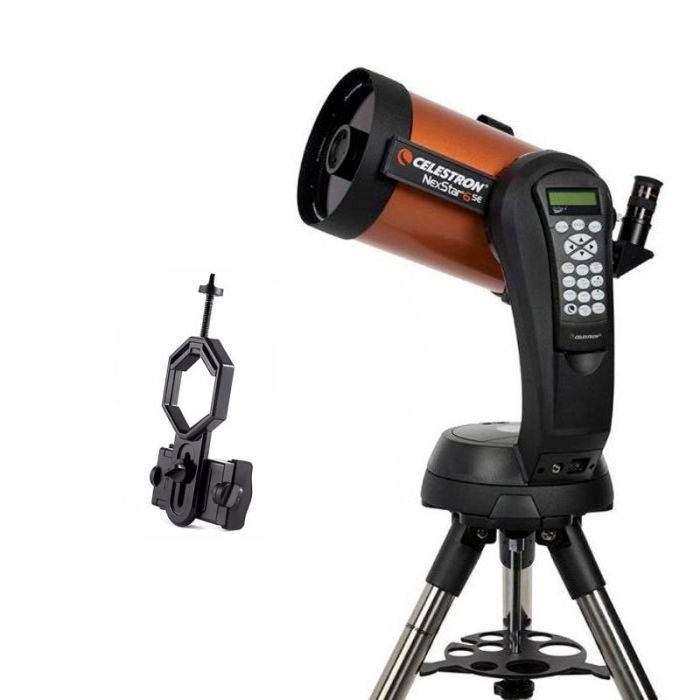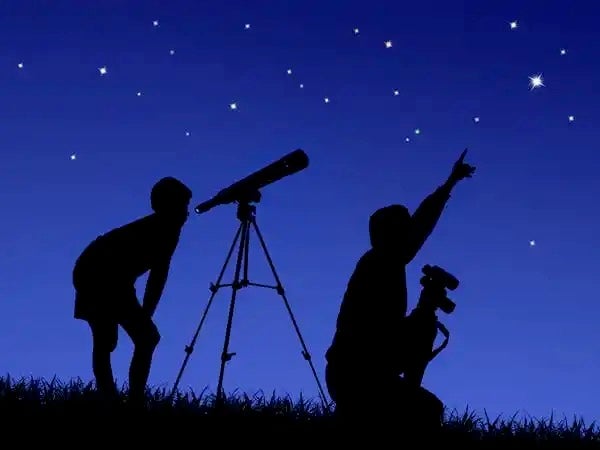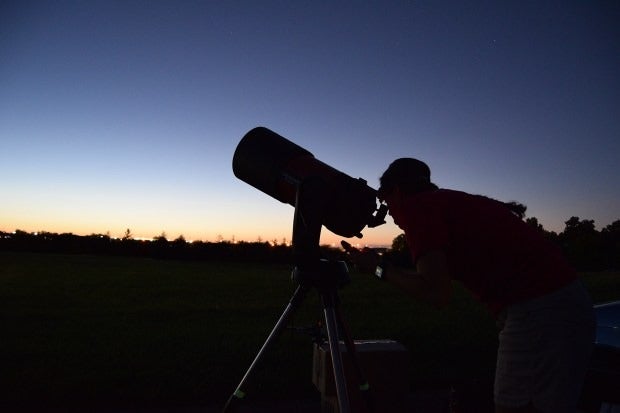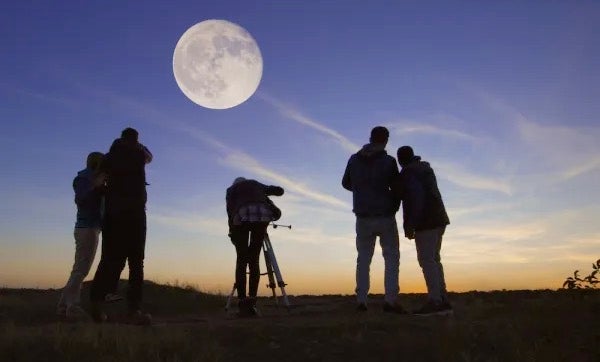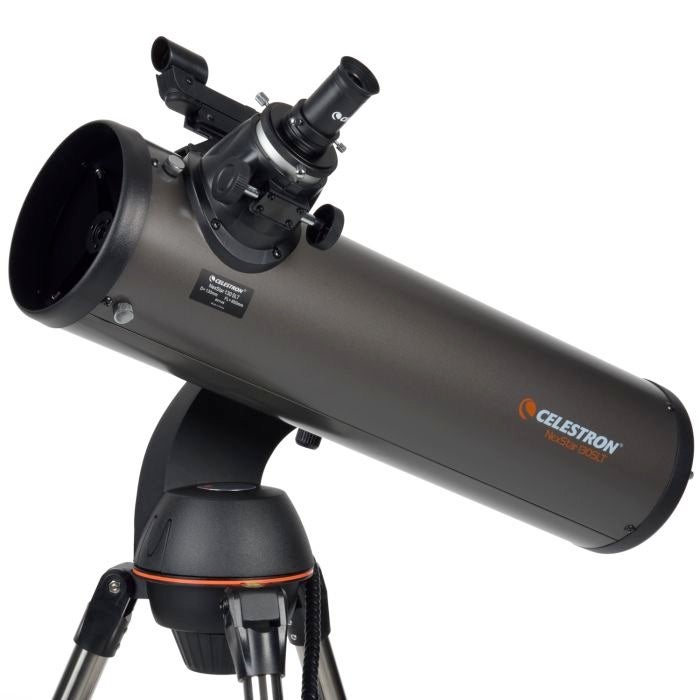Dear Starmus Festival,
It’s Sammy here. I’m not sure if this is a closure or the beginning of a new chapter in my life. You see, I’m a sixth-year medical student in Yerevan. Yes, the city you stormed into so unexpectedly but left too soon. I was a coordinator for two of your dearest speakers. Now that I have fully recovered from the stunned state I was in, I have a few things to say.
First, you may well ask, “What would someone like me want from you?” Well, you see, you’re all about stars and music and that makes the two of us. Did you know that my first word was “Moon?” That my first books were about astronomy? And my first drawings depicted a black hole? Yes, I am mad for the same star stuff you inspire people with all over the world. And to an auditory person like me, music is like a secret language for emotions, unspoken words, and ideas.
By the way, I never thought you’d visit. I had heard of you for the first time in a podcast when the book Mission Moon 3-D was released. Your amazing guests were there, David Eicher and Brian May. They are very fond of you too and spoke about you. Flash forward to the present day, and you’re here in Armenia and I am David’s coordinator.
Your schedules were a bit of madness that drove us all to the verge of being perfect candidates for a sleep deprivation study. The haziness of my memory, and the foggy stages of the Starmus arena, produces a dreamy effect. But I’m sure that it was real because I’m a different person now. I’ve grown in many ways I hadn’t anticipated, executed tasks I wouldn’t have expected myself to do, and expanded my network in a field I love, astronomy and astrophysics. I met the giants of science and science communication whose works I had read, absorbed, and loved. I’ll return to that thought in a moment.
The time wasn’t consumed entirely by work. I did get to enjoy my time with you too. Inside, I felt somewhat intimidated by the team I was working with. I am Persian and I worried that I might not fit into a group of Armenian coordinators. Once we started, I was blown away by the Armenian sense of community. We all worked like pieces of a puzzle; we were diverse, focusing on separate tasks but working as a coordinated unit.
I was assigned to two respected guest speakers. The first, your own President of the Starmus Board, the scientist who has inspired millions around the world with his clear communication, was also the Editor-in-Chief of Astronomy Magazine, one of my main sources in pursuing my passion for astronomy. And the second, Professor Edvard Moser, was a neuroscientist whose discovery of grid cells — our internal GPS — led to his awarding of a Nobel Prize.
My time with Professor Moser was short but filled with discussions. It was so successful that we parted, each wishing to meet again in another project. I learned the most from David, who was bombarded by relentless questions from the very first day. Astronomy, editing, history, our cats, scientific theories, cosmic objects, Astronomy Magazine, and more. David was kind enough to guide me into the world of astronomy, introducing me to the greatest minds of science, including me in their circles of friends, and teaching me lecture-worthy details ever-so patiently. I now consider myself extremely fortunate to call him my friend. I was also humbled by the genial remarks of several of the distinguished scientists — “Consider yourself a part of our group now,” they all said.
Starmus, you gave me a chance to get to know each of the guests on a personal level, learn about their journeys and their work, and make my potential known too. When Arbi Karapetian, a Section Manager at NASA’s Jet Propulsion Laboratory, said “let’s take a picture together; you’ll be someone big some day!,” I was fully flushed. These moments gave me new courage to live up to my responsibilities, and most importantly, to start some new projects with David Eicher. He was thoughtful enough to invite me personally to the Starmus Star Party, which took place at Garni Temple, a 1900-year-old Greco-Roman structure. It was dazzling, especially for someone who was looking through a telescope for the first time. I owe that experience also to Scott Roberts of Explore Scientific, who provided the telescopes. When I viewed Jupiter and Saturn, I felt a flutter in my chest and a tear in my eye. That night, I dined at the table where matchless men and woman of science sat, and even spoke about such ordinary things as bread to Charlie Duke, one of our remaining moonwalkers. How many people can say that?
I remember that after my duties were finished, I didn’t want to go home, as if going home would steal away the inspiration I was feeling from you, Starmus. It may have been obvious that our respected guests with their incredible achievements aren’t otherworldly creatures, but seeing them all in person and working with them up close was eye-opening. I learned that it’s possible to take the steps they have taken, and even perhaps to go farther. But this requires dreaming big, and most importantly, working even bigger. Earlier I mentioned that I’m not sure if this is an ending or a beginning. Because now you left me, Starmus. But I can tell you that this won’t be the last they will hear of you or of me.
Sincerely,
Sama Shamyar

